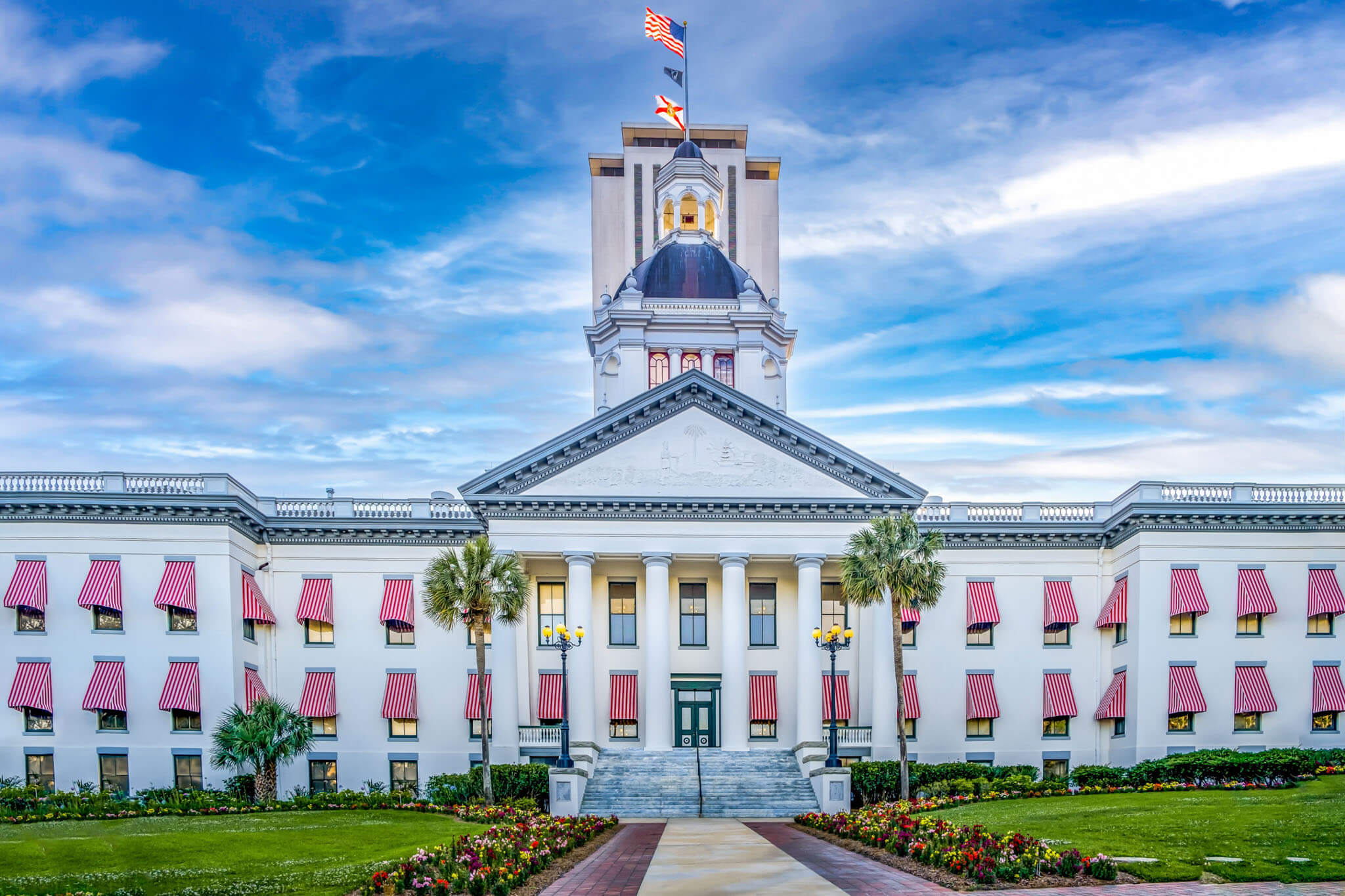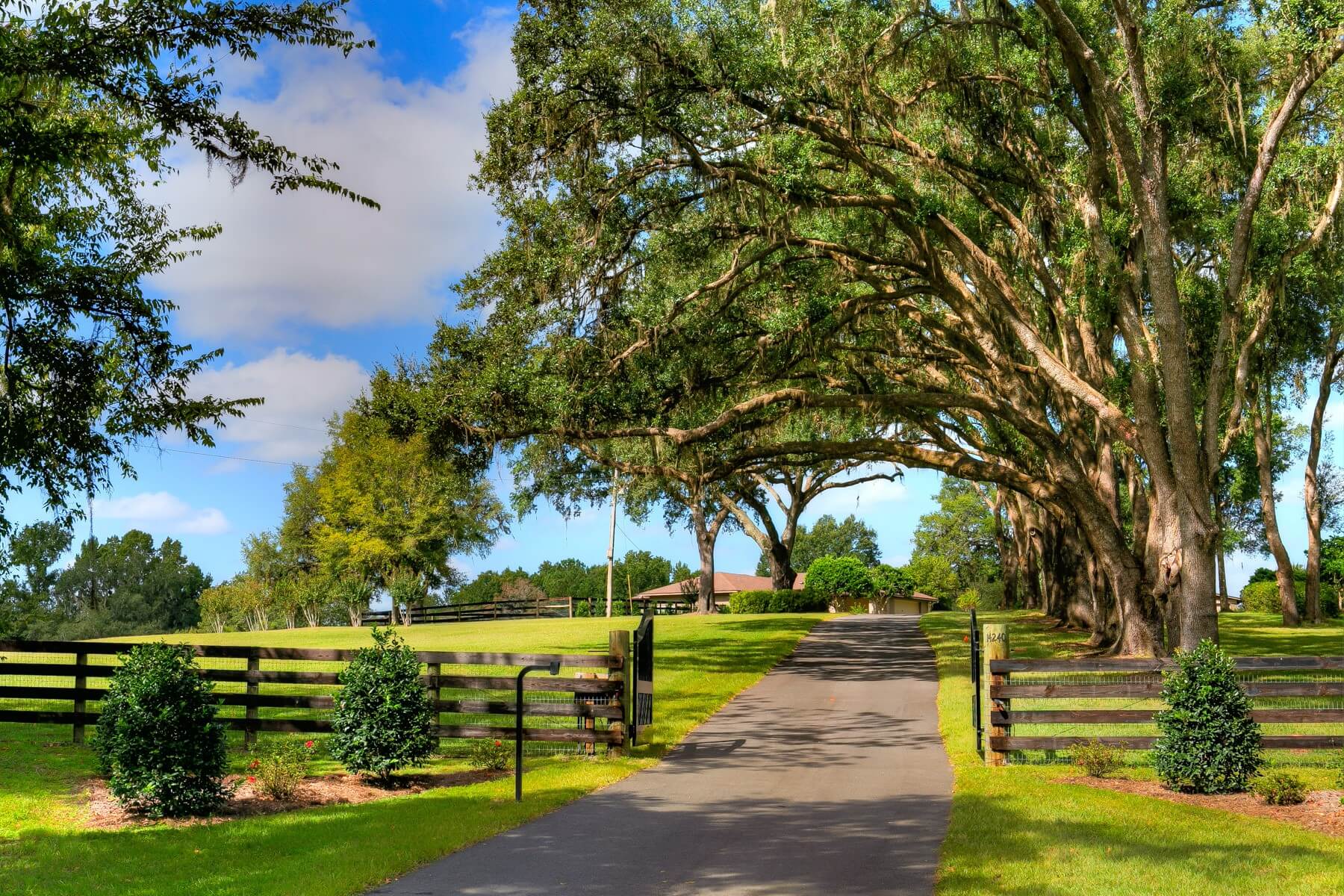Florida is one of the most tourist driven destinations in the United States. The economy thrives on the distinctive attractions this state has to offer and, of course, the patrons who invest in them. The Sunshine State attracts visitors far and wide for its beautiful beaches, shady palms, and abundant state parks. Not to mention all the snowbirds who flock here and make this their migratory home for part of the year. Needless to say, Florida’s beauty is captivating which makes it a wonderful spot to call home, the perfect place for a family vacation, or a much-needed getaway. However, being almost completely surrounded by water has made this peninsula a concern for potential sea-level rise for many years. Not to worry though, all Floridians are required to own life jackets, scuba gear, and a snorkel in case of emergency. In all seriousness, the Florida government has concerns for Florida’s future and whether this future may be underwater, at least in some places. Of course, if the government is concerned, it begs the question: should Floridians also begin to worry? To address these concerns, a new law has passed that will require consideration for possible rising sea levels and flooding prior to beginning public coastal construction projects. This law is formally known as “Senate Bill 178 – Public Financing of Construction Projects”, which passed unanimously by 153 Florida legislators and will take effect in July 2021. With the passing of Senate Bill 178, Florida’s coast will likely have a very different look in the coming years. Could this mean no more beachfront condominiums, skyrises or parking garages? While little information is known at this time how this law will directly affect Florida’s construction industry, speculation can be made that it will certainly make an impact.
As it stands, Florida’s governing body is apprehensive about the climate related changes we may see here in Florida. Much of these concerns derive from the impending financial problems and property damage caused by flooding. In addition to those looming financial issues, the state is also preparing to spend at least $4 billion to determine sea level rise solutions which would include “protecting sewage systems, raising roads, stormwater improvements and (creating) seawalls”3. While understanding and preparing for potentially devastating impacts to Florida’s ecosystem is understandably important, Senate Bill 178 is actually the “first major piece of climate-related legislation in a decade” . This legislation was implemented with the hopes of limiting damage to Florida’s structures lining the coastal regions if sea level rise were to continue. These worries are heightened as a result of the studies conducted by the various entities who observe and predict sea-level rise. These predictions, although they drastically differ in number, all seem to indicate that Florida will see higher sea levels at some point in time. That time frame, of course, also varies significantly. For instance, the Southeast Florida Regional Climate Change Compact Sea Level Rise Work Group has estimated that the rise in southeast Florida “could be as much as 6.75 ft by 2100” . Whereas the Tampa Bay Climate Science Advisory Panel “anticipates a rise of 8.5 ft by the end of the century”2. This uncertainty as to how far and for how long Florida’s land boundaries may stretch is why lawmakers are proceeding with caution for future developments along Florida’s coast. The current measurements depict that Florida’s sea level has risen 8 inches since 1950 and the velocity of this rise is only increasing as the years continue . Surprisingly, scientists measure the sea level every six minutes to have an indication as to the rate these changes are actually happening3. Limiting the coastal development may prevent the need for the state step in later and fix any future damages attributed to rising sea levels. As part of the analysis conducted by the Florida Senate related to Senate Bill 178, they determined that Florida could see a property value loss as high as $300 billion by 21002. Hence, their need and desire to take these somewhat preventative measures now.
As for the requirements imposed by Senate Bill 178, these will consist of tests, scientific research, and assessment to determine how a particular construction project may be impacted by a rising sea level. These tests are called “Sea Level Impact Projections”, also known as “SLIP” studies. These studies are supposed to assess the “flooding, inundation, and wave action damage risks relating to the coastal structure over its expected life or 50 years, whichever is less” . In addition to that, the assessment must also ascertain the “potential public safety and environmental impacts resulting from damage to the coastal structure, including, but not limited to, leakage of pollutants, electrocution and explosion hazards, and hazards resulting from floating or flying structural debris”4. As of now, there is not a lot of information on the exact standards of these SLIP studies and how they may impact construction projects. However, it is known is that the Florida Department of Environmental Protection (FDEP) is responsible for developing those standards and establishing the requirements that state-financed constructors will need to abide by prior to commencing work on a project. With that being said, the FDEP will also have the power to enforce civil action against any state-financed constructor who violates these requirements, including injunctive relief and the ability to retain repayment of all the state funds that were spent on the project. However, it is worth noting that this piece of legislation does at least limit the government from seeking damages if civil action is brought forth. Rather than take any unnecessary risk, it is important for constructors who are performing work on state funded coastal construction projects to ensure they are in compliance with this new legislation. Otherwise, they may be liable for paying back thousands, or even millions, of dollars for not adhering to this new mandate.
While change can be a good thing, it is something most people have a considerably difficult time adapting to. Unfortunately, when it comes to following the law, there is not usually a grace period allotted for these new adjustments. Senate Bill 178 will likely cause visual changes here in Florida. We can expect to see a decline in coastal construction and development, as well as changes that are not as easy to see. The changes that will be much more difficult to notice are the ones where the majority of the population are unaffected. With the passing of this legislation, it may cause significant delays, cancellations, and limitations on construction projects. From that, could come profit loss, economic decline and job reduction. Most importantly, and what has not been addressed enough, would be how this legislation could diminish the Florida construction industry as a whole. While this is currently only impacting publicly funded construction projects, a previous version of this bill applied these requirements to private construction as well. While it may be too soon to tell, it would not be a surprise to see implementation of this bill to all coastal construction projects in the future.
Tifffani Sprague, a Paralegal working with the construction industry attorneys at Zinzow Law, LLC. For more information, or to inquire about a free seminar on this or other legal topics, email info@zinzowlaw.com, or visit www.zinzowlaw.com.








